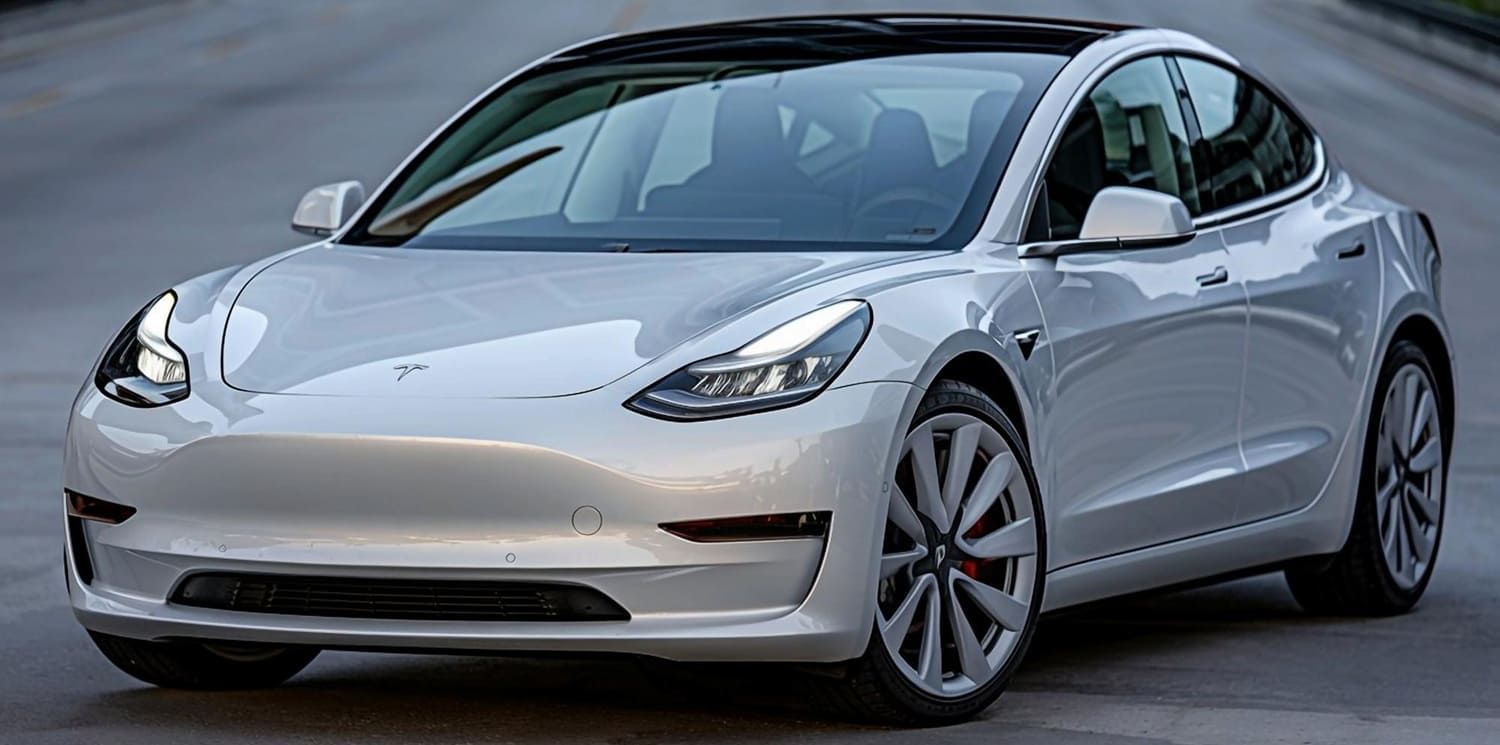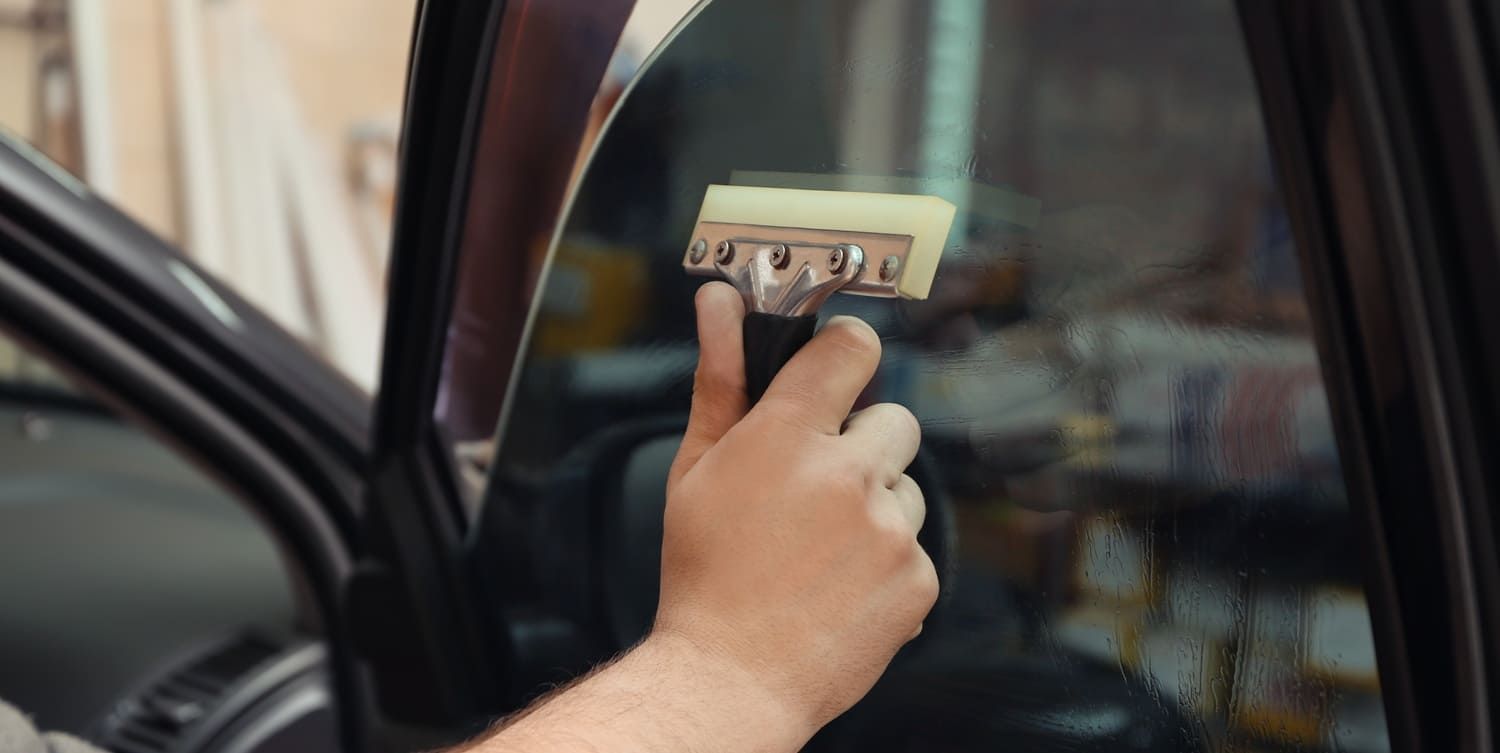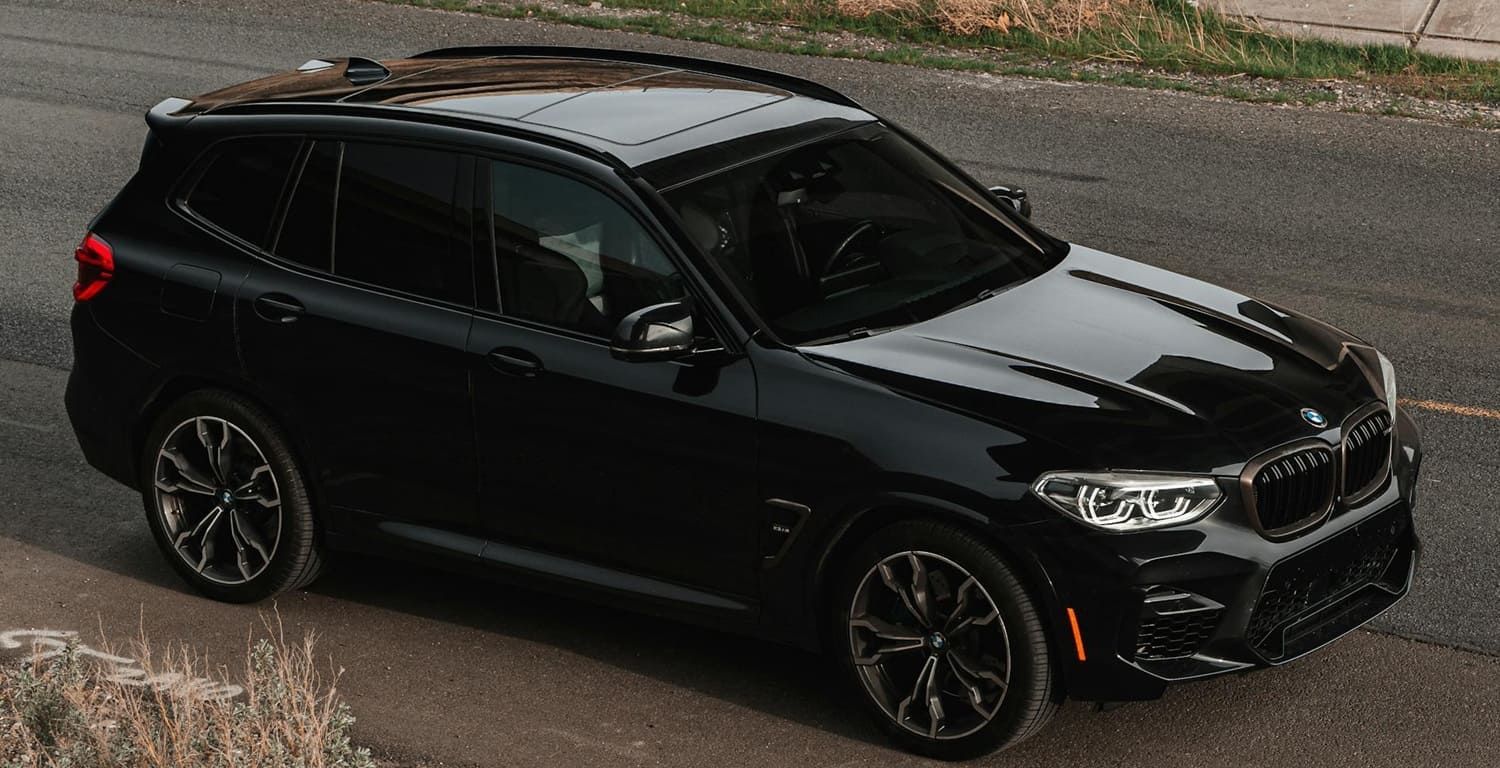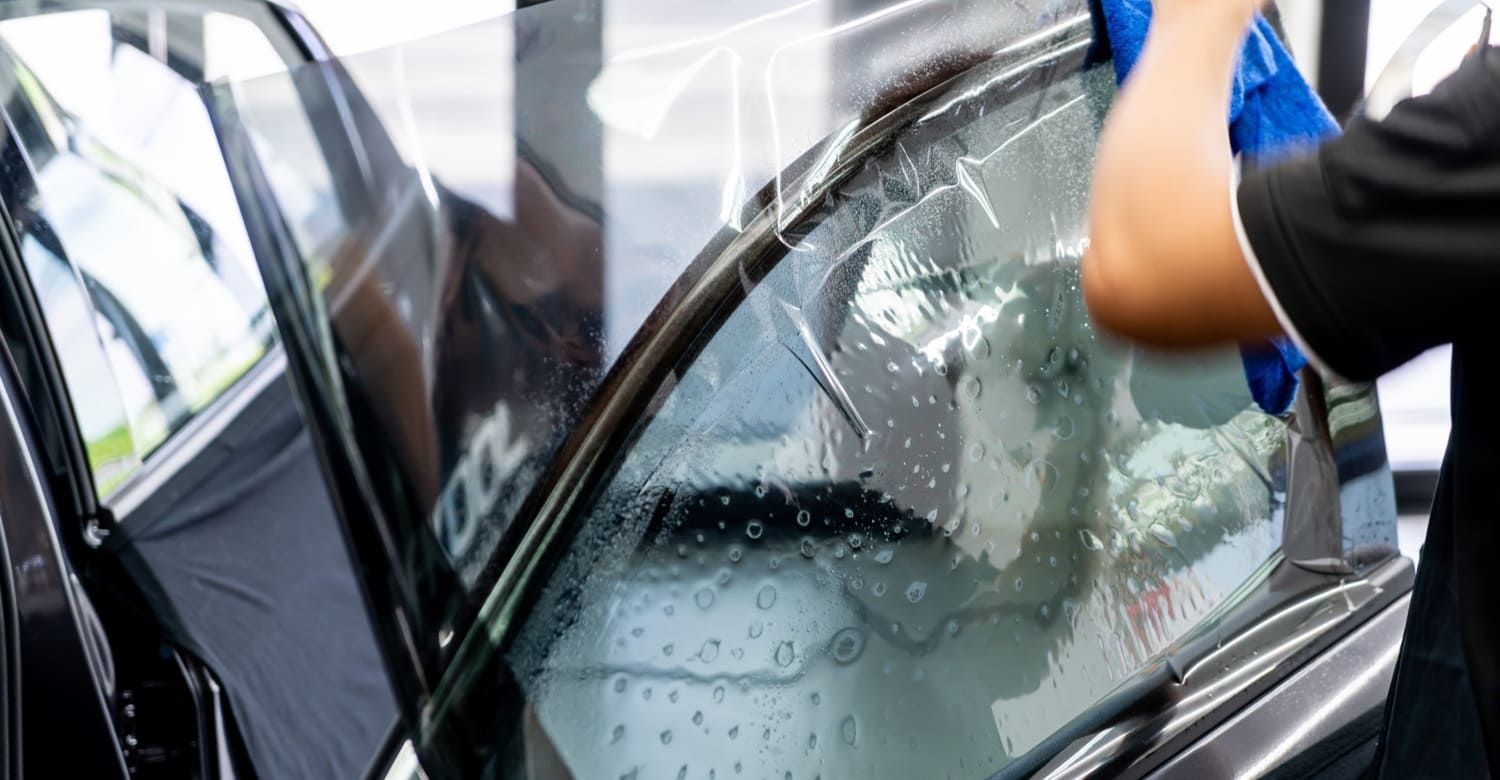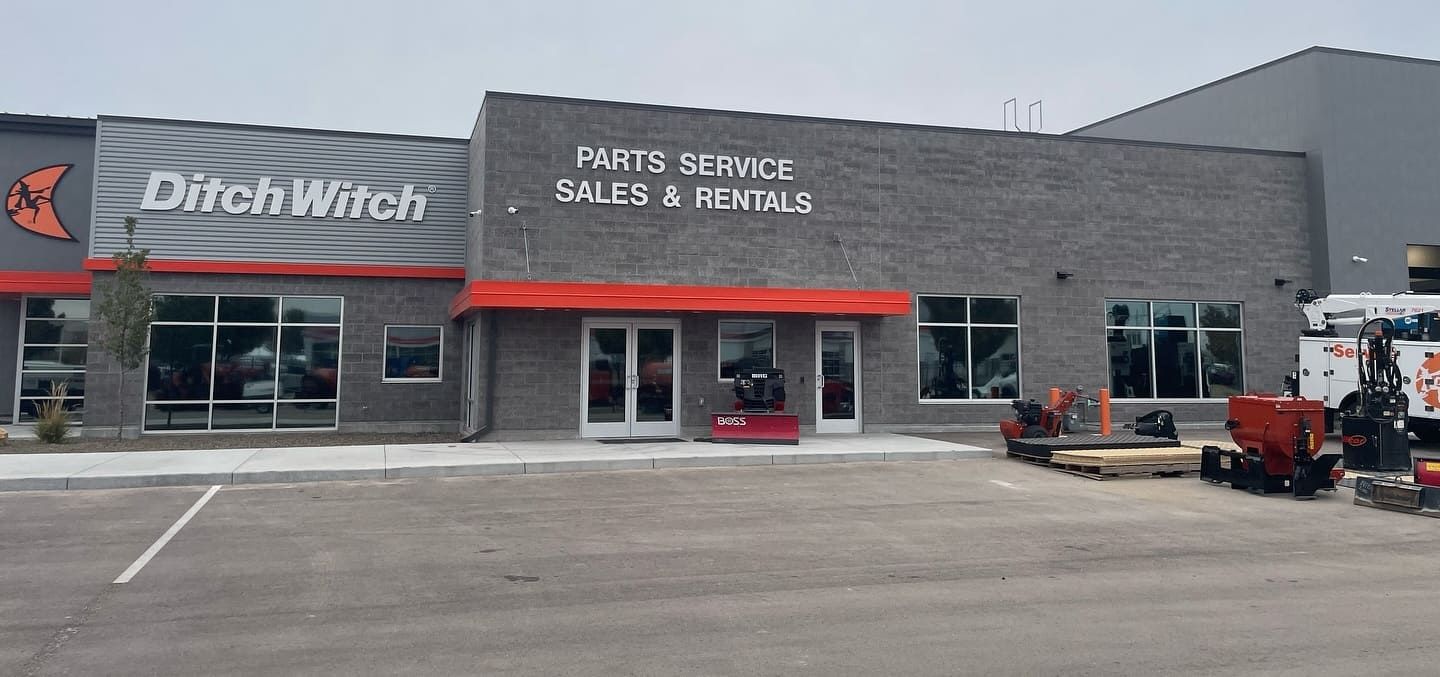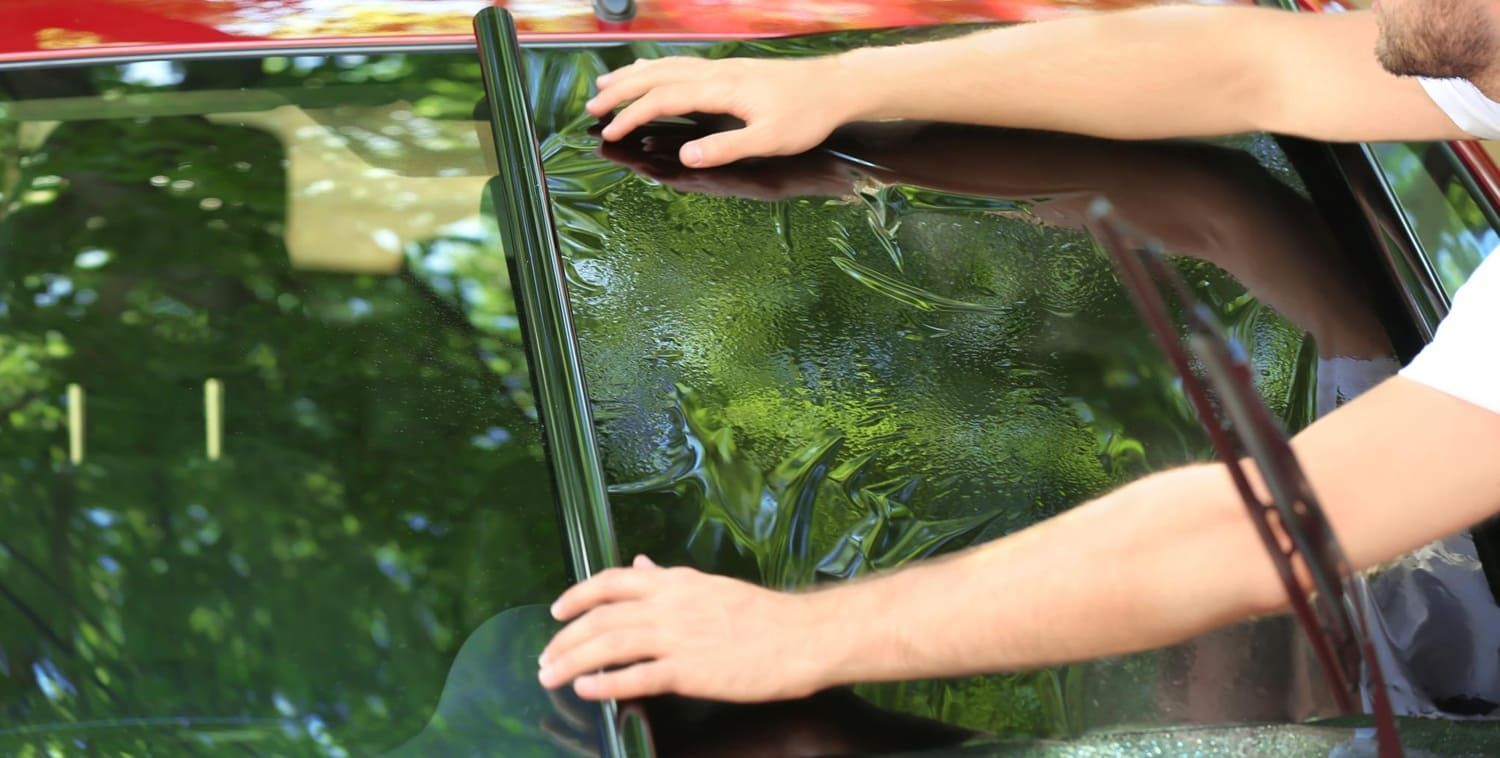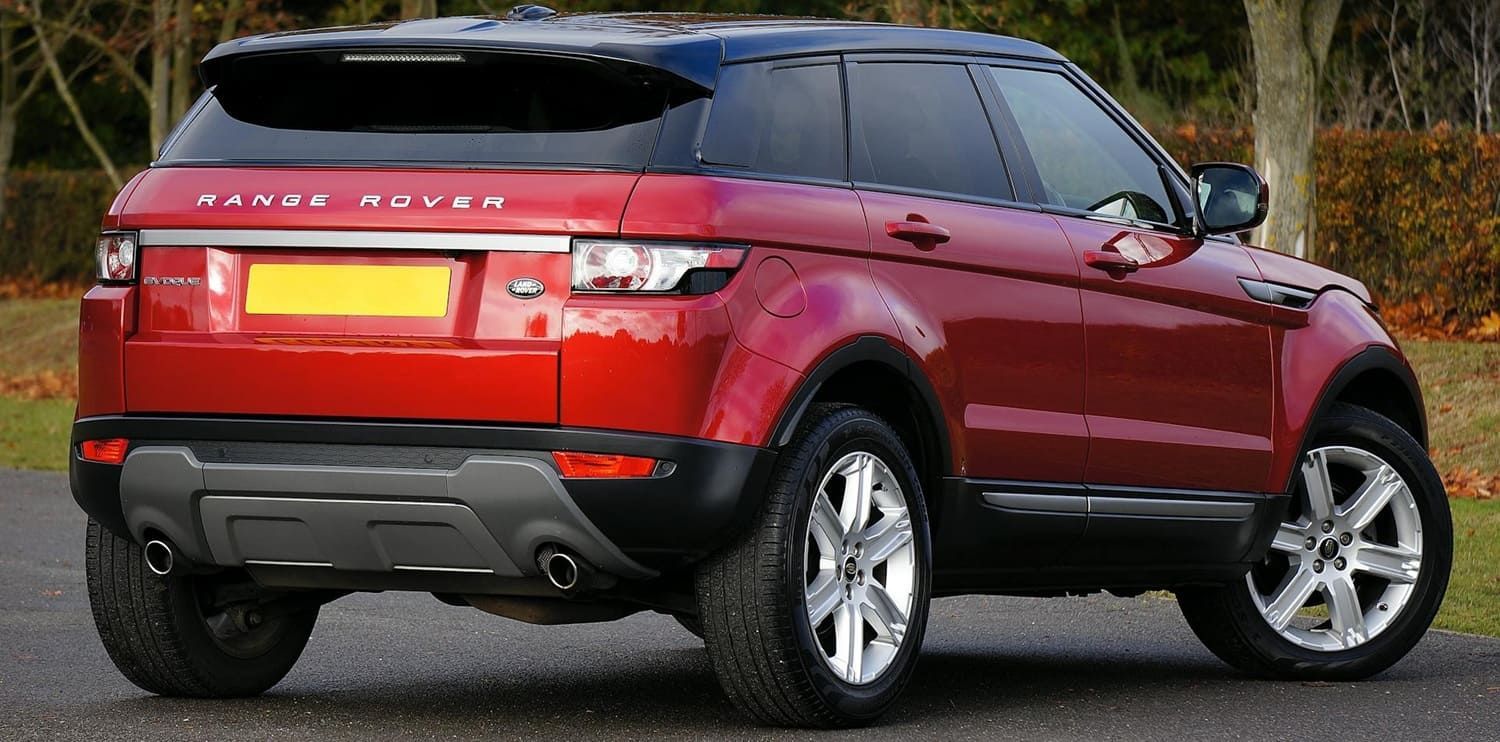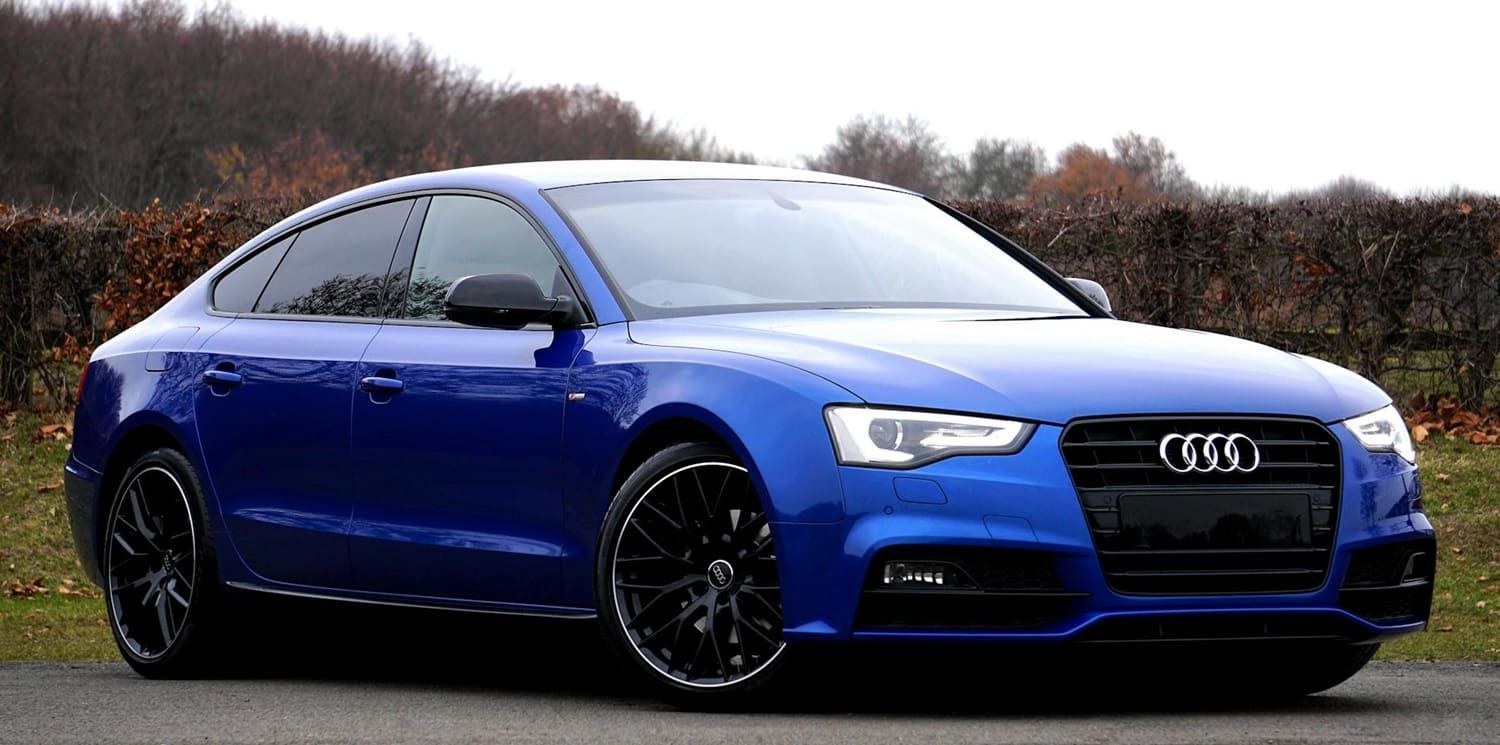How Much Does Car Window Tinting Cost in 2025?
Car window tinting is a popular choice for many car owners. It offers both aesthetic and practical benefits. But how much will it cost in 2025?
Understanding the factors that influence car tint cost is crucial. Prices can vary based on the type of tint film and vehicle size.
Professional installation is often recommended for the best results. However, DIY options are available for those on a budget.
This guide will explore the expected window tint prices in 2025. We'll also provide tips for finding car window tinting near you.
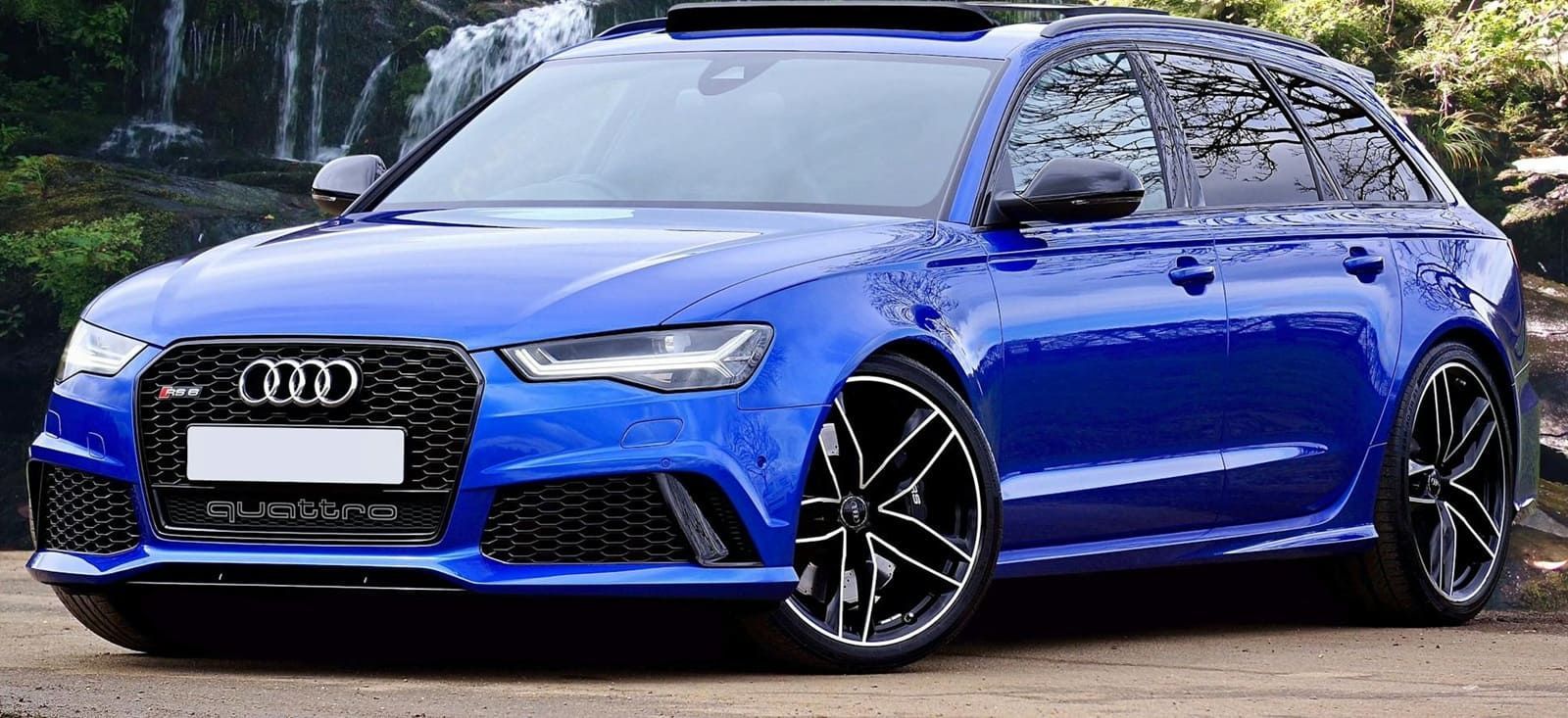
What Affects Car Window Tinting Cost in 2025?
Several factors can influence the cost of car window tinting in 2025. The choice of tint film is a major determinant. Different films vary in quality and price.
The size and type of vehicle also play a significant role. Larger vehicles, like SUVs and trucks, generally incur higher costs. More windows mean more material and labor.
The number of windows being tinted will impact the price. More windows lead to increased labor and material expenses.
Local regulations can further influence the cost. Compliance with tint darkness laws may require specific films.
Here's a list of the primary factors affecting car tint cost:
- Type of tint film (dyed, metalized, carbon, ceramic)
- Size and type of vehicle
- Number of windows to be tinted
- Local laws and regulations
By understanding these factors, consumers can better anticipate the expenses involved in car window tinting. Adjusting the type or extent of tinting might help manage costs effectively.
Types of Car Window Tint Films and Their Prices
Car window tint films come in a range of types, each with unique features and costs. The type of film chosen greatly impacts the overall expense. Understanding these options can help in making a better choice for your vehicle.
Here's a quick look at common tint films:
- Dyed Tint: Most economical but basic in features.
- Metalized Tint: Adds durability with a metallic sheen.
- Carbon Tint: No metal but efficient at blocking UV rays.
- Ceramic Tint: Top-quality with superior heat rejection and clarity.
Each option offers distinct benefits and suits various needs. The dyed tint is often preferred for low budgets. Meanwhile, ceramic tint appeals to those prioritizing high performance and longevity.
Costs vary not only by film type but also by brand and installation quality. Premium options enhance vehicle aesthetics and comfort. It's crucial to weigh the pros and cons according to your requirements and budget to choose wisely.
Dyed Window Tint
Dyed window tint is the most budget-friendly option available. It delivers a basic tinted look with minimal glare reduction.
Despite its affordability, it offers limited heat reduction and fades quicker than other films. It's popular with those who want simple sun protection without breaking the bank. Regular maintenance can extend its lifespan.
Metalized Window Tint
Metalized window tint contains metallic particles, adding strength to windows. It offers good UV blockage and impressive glare reduction.
The metallic finish provides a sleek appearance but may interfere with electronic signals. This makes it less suitable for tech-heavy vehicles. Consumers often choose this for durability and reflective sheen.
Carbon Window Tint
Carbon window tint does not use metal, avoiding electronic signal interference. It excels in blocking UV rays and reducing heat buildup.
This option offers a matte finish, adding a modern touch to vehicles. Its ability to reduce heat makes it a preferred choice for sunny climates. It's more expensive than dyed tints but affordable compared to ceramics.
Ceramic Window Tint
Ceramic window tint is the highest quality option on the market. It excels in heat rejection, UV protection, and visibility.
Though pricier, it doesn't fade and offers superior clarity without glare. Ceramic films are ideal for high-end vehicles needing top performance and aesthetics. Its higher investment pays off with comfort and durability.
Car Tint Cost by Vehicle Type and Window Count
The cost of tinting your car windows varies with vehicle type and the number of windows involved. Larger vehicles like SUVs often demand higher expenses due to more surface area.
Sedans typically fall on the lower end of the cost spectrum. Smaller cars require less film and labor. However, increased size in SUVs or trucks raises both material and installation costs.
Here's how vehicle types influence prices:
- Sedans: Lower overall cost.
- SUVs/Trucks: Higher expense due to size.
- Sports Cars: May vary based on design complexity.
The number of windows also plays a significant role. A full vehicle tint incurs higher costs than selective windows. Rear window or windshield tints may cost extra due to their complex shapes. Considering these factors can help you budget accordingly. Each vehicle's unique needs must be addressed for accurate pricing and optimal results.
Professional vs. DIY Car Window Tinting: Cost and Quality
Choosing between professional installation and DIY kits depends on cost and quality. Professional services ensure high standards but come with a higher price tag.
DIY tint kits offer a budget-friendly option. They suit those with a willingness to get hands-on. However, the quality often lags behind professional results.
Professionally installed tints:
- Ensure precise application.
- Last longer.
- Offer warranties.
In contrast, DIY methods may lead to common issues like bubbles or peeling if not applied correctly. Without experience, achieving a smooth finish can be challenging. Investing in professional tinting may be wise for long-term satisfaction. It's crucial to weigh the initial savings of DIY against potential pitfalls. The decision ultimately hinges on your priorities and budget.
Regional Laws, Warranties, and Longevity: What to Know Before Tinting
Understanding local tinting laws is crucial before choosing window tint. Laws vary by region and dictate permissible darkness levels.
Consult state regulations to ensure compliance and avoid fines. Some regions have specific rules about reflectivity, which could affect your choice.
Additionally, consider warranties offered by service providers. A good warranty covers defects and discoloration, offering peace of mind.
- Verify legal tint limits by state.
- Inquire about warranties for protection.
- Be informed about tint lifespan.
Consider tint longevity, as high-quality materials typically offer extended service life. Proper care can enhance durability. Make informed decisions by balancing legal requirements, quality, and cost.
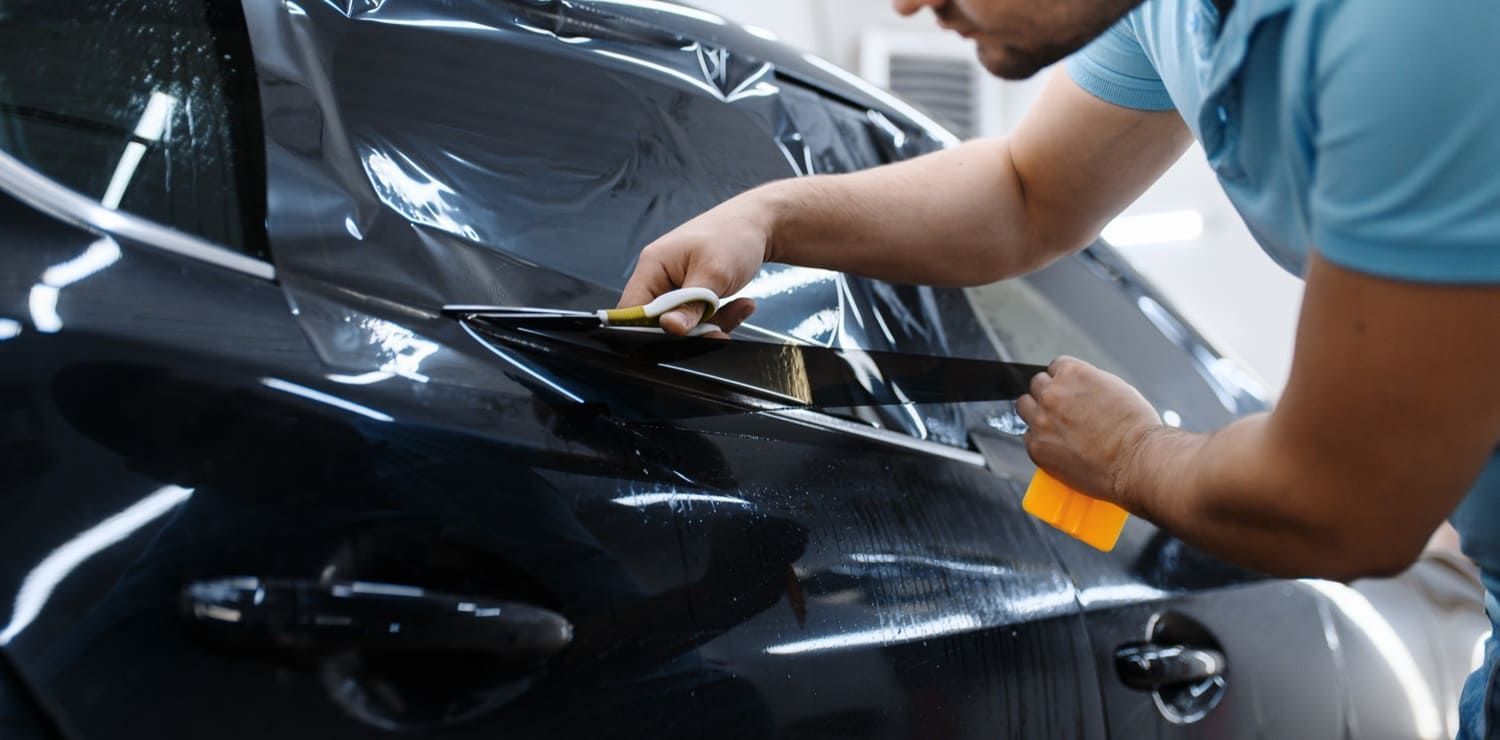
Benefits of Car Window Tinting in 2025
Car window tinting in 2025 offers numerous benefits. Enhanced privacy is one of the primary attractions. Tinted windows obscure the inside view, deterring potential thieves.
Besides privacy, tinted windows contribute to improved driving comfort by reducing glare. Excessive sun can cause strain, making tinting a practical choice for road safety.
Tinting also protects your car's interior from sun damage. Prolonged exposure to UV rays can fade upholstery and dash components.
- Increased privacy
- Reduced glare
- UV protection
- Enhanced interior longevity
Additionally, window tinting can improve energy efficiency by minimizing heat build-up. This efficiency helps lower air conditioning use and fuel consumption, offering savings in the long run.
How to Find the Best Car Window Tinting Near Me
Finding reliable car window tinting services near you requires some research. Start by asking for recommendations from friends or family. Personal experiences can point you in the right direction.
Use online resources to compare services. Websites and social media pages often feature customer reviews, showcasing the quality of different providers. This feedback can guide your decision-making process.
Consider the following when selecting a service:
- Customer reviews
- Pricing and quotes
- Warranty and guarantees
Reach out to potential providers for quotes. Comparing multiple options ensures competitive pricing and the best value for your investment.
Tips for Saving on Car Window Tinting Cost in 2025
Saving money on car window tinting can be simple with some planning. Timing your purchase is crucial. Many businesses offer discounts during off-peak seasons or special promotions.
Consider bundling multiple services. Combining tinting with other car services might qualify you for a discounted rate. Always ask about available packages and promotions.
Additionally, ensure you:
- Compare multiple quotes
- Inquire about seasonal discounts
- Leverage service bundling discounts
Don't hesitate to negotiate for better deals. A little haggling can often lead to surprising savings.
Frequently Asked Questions About Car Window Tinting Cost 2025
Navigating the world of car window tinting can raise many questions. Potential customers often wonder about the average cost and what affects these prices. Here are some common inquiries and answers to guide you.
What is the average cost of car window tinting?
The average cost ranges from $100 to $900. It varies by the type of film and vehicle size. Premium options may push the price higher.
Why do prices vary so much?
Prices fluctuate due to several factors. The film's type, the number of windows, and the installation's complexity all play roles.
Are there additional costs to consider?
Yes, additional costs may include removal of old tint or customization. Be sure to ask about all potential fees.
How can I find reputable services near me?
Research online reviews and ask for recommendations. This can lead you to reliable providers. Additionally, comparing multiple quotes ensures you find a competitive offer.
Final Thoughts: Is Car Window Tinting Worth the Cost in 2025?
ShadowFilms Window Tinting, premier window tinting installers serving Nampa, ID, offers high-quality solutions tailored to your vehicle’s needs. Car window tinting offers many benefits that justify the cost. From enhancing privacy to improving comfort, tinting can transform your driving experience. The investment can pay off both in aesthetics and functional benefits.
While prices can fluctuate, understanding your needs helps in making an informed choice. Evaluate the benefits versus the cost for your situation. The right decision enhances your satisfaction with the tint.
In conclusion, window tinting remains a smart choice for many vehicle owners. The long-term advantages often outweigh the initial expenditure, adding value to your car. Contact ShadowFilms Window Tinting today for a free estimate.

